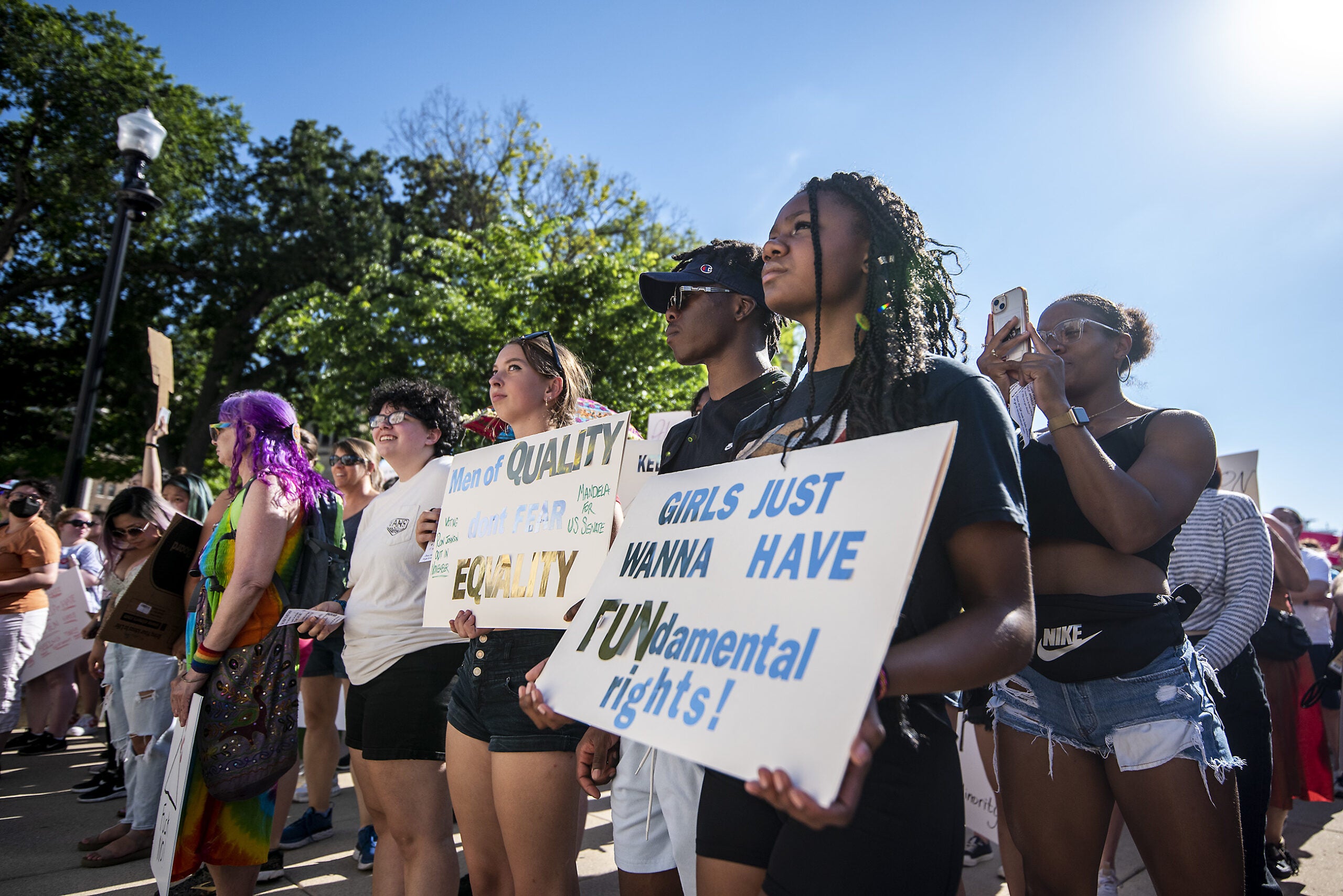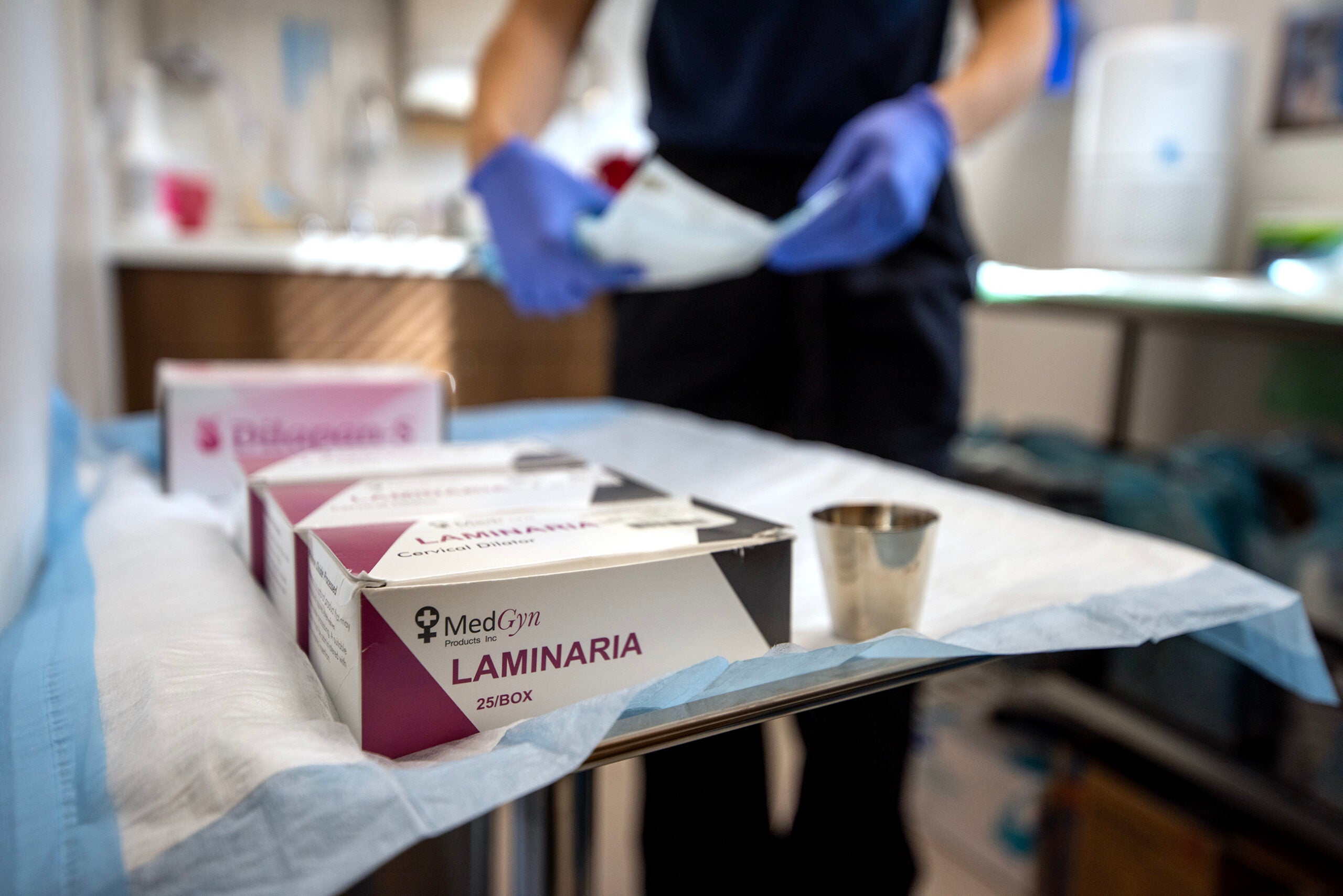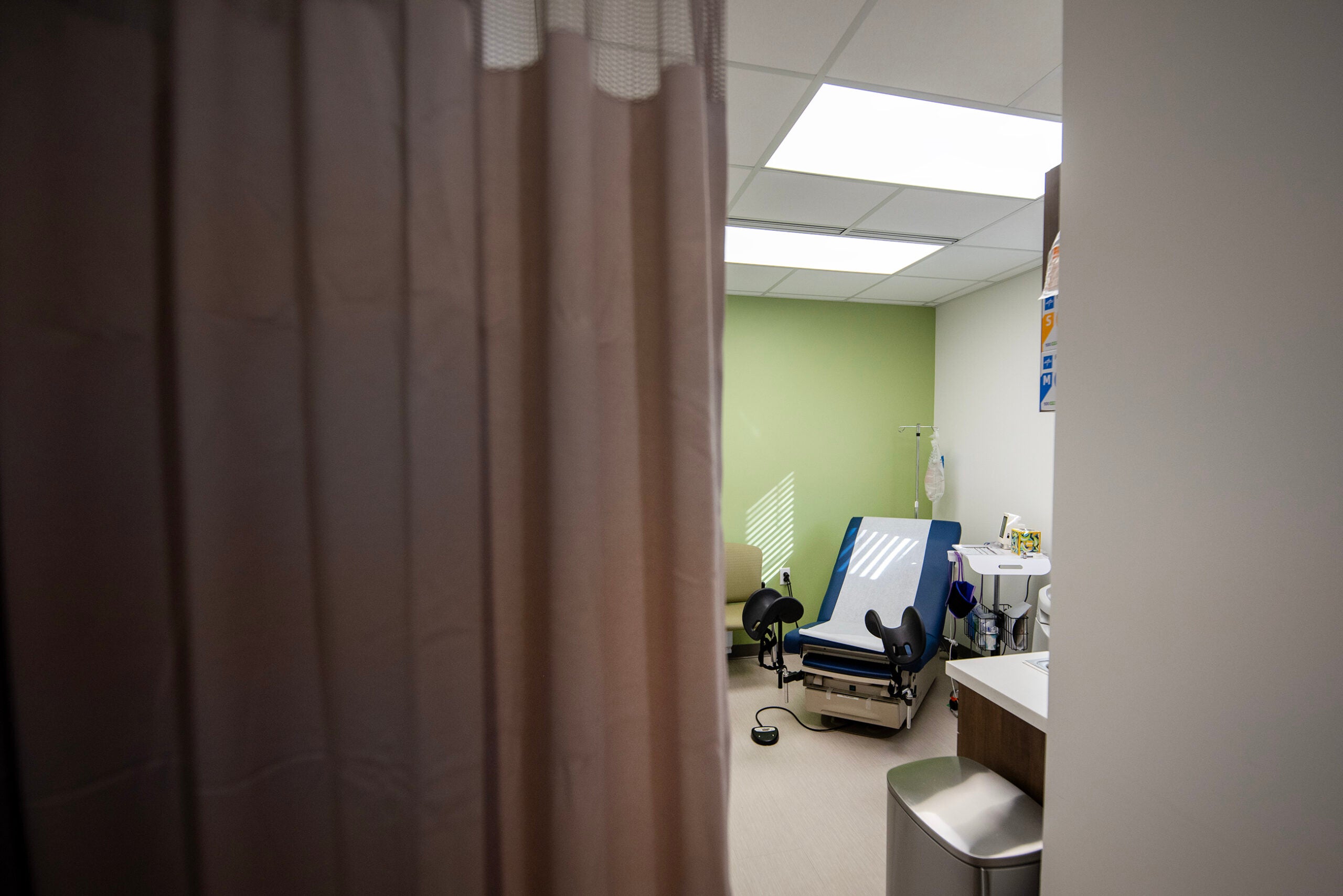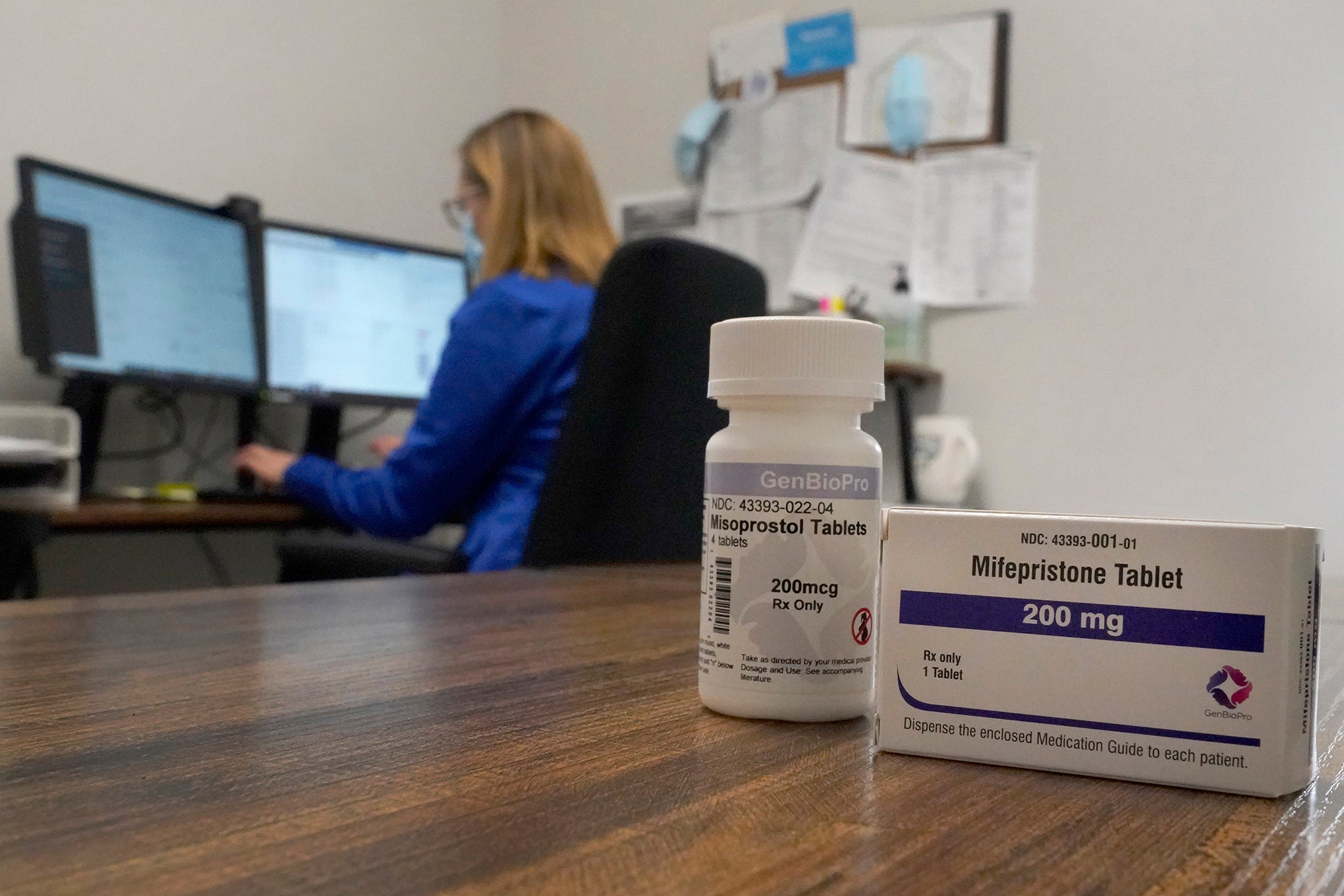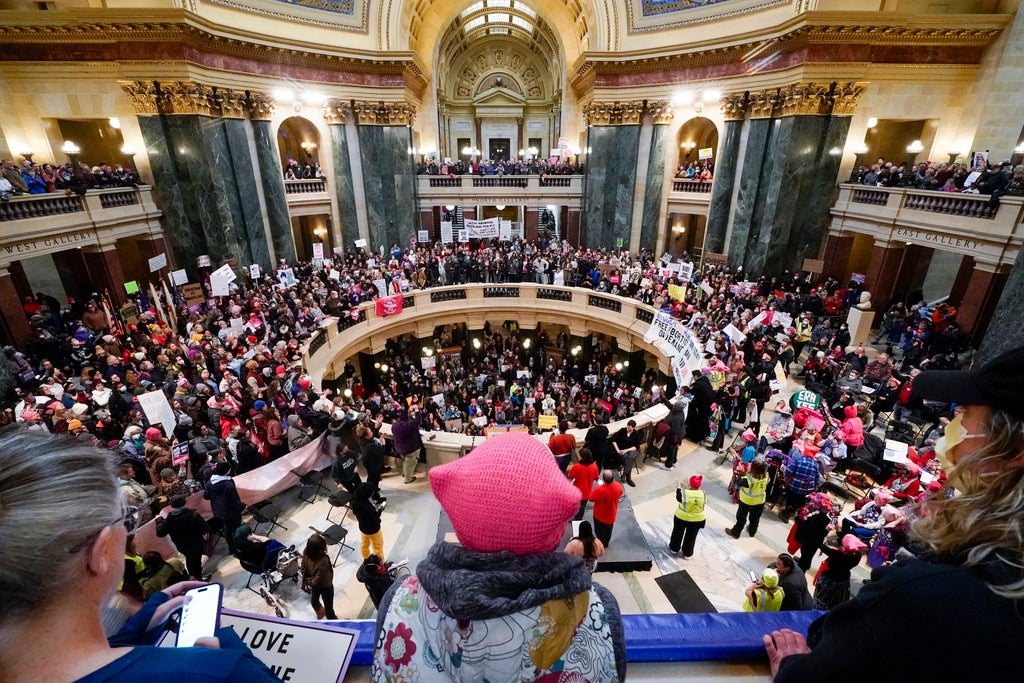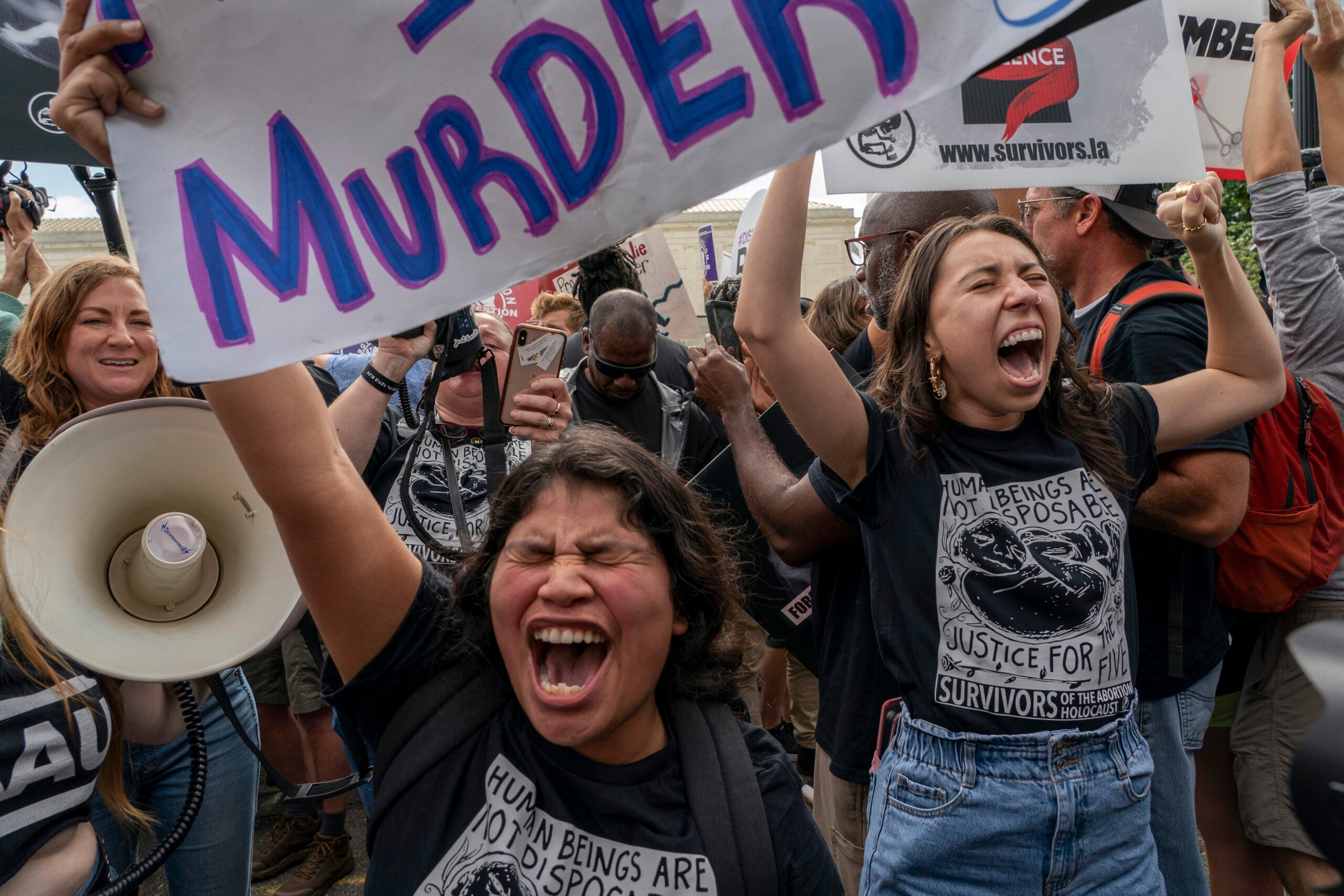The U.S. Supreme Court has overturned Roe v. Wade, the landmark decision from the country’s highest court that made abortion legal in the United States.
WHYsconsin wants to hear from you: What questions or concerns do you have about the future of abortion access and reproductive rights now that Roe v. Wade has been overturned? What does it mean to you to have, or not have, a choice? Who do you want to hear from — health experts, legal experts, pregnant people, people who have chosen to have an abortion, etc. — when it comes to the U.S. Supreme Court decision?
And more importantly, we want to hear your stories. Do you want to share a personal experience surrounding abortion, birth control and reproductive health? We’re here to listen.
News with a little more humanity
WPR’s “Wisconsin Today” newsletter keeps you connected to the state you love without feeling overwhelmed. No paywall. No agenda. No corporate filter.
Your responses will help us shape the stories we tell, like this story on what this decision could mean on pregnancy loss care in Wisconsin, and questions we ask officials and experts.
While the majority of the U.S. population thinks abortion should be legal in some circumstances and two-thirds of Americans said they do not want the landmark decision overturned, there are legislatures across the country who are severely restricting access to abortions. In Wisconsin, a Wisconsin law written in 1849 could criminalize nearly all abortions in the state, making it a Class H felony for anyone other than the mother to “intentionally (destroy) the life of an unborn child.”

